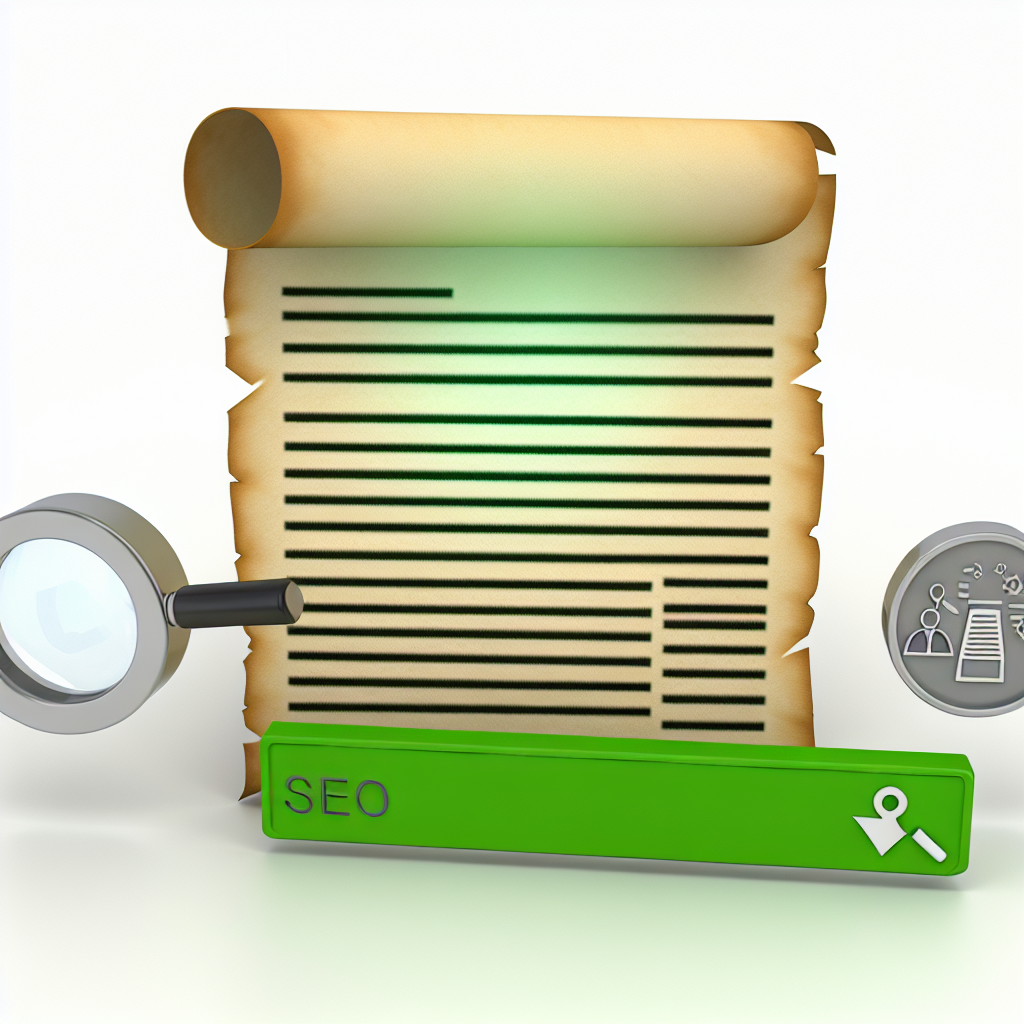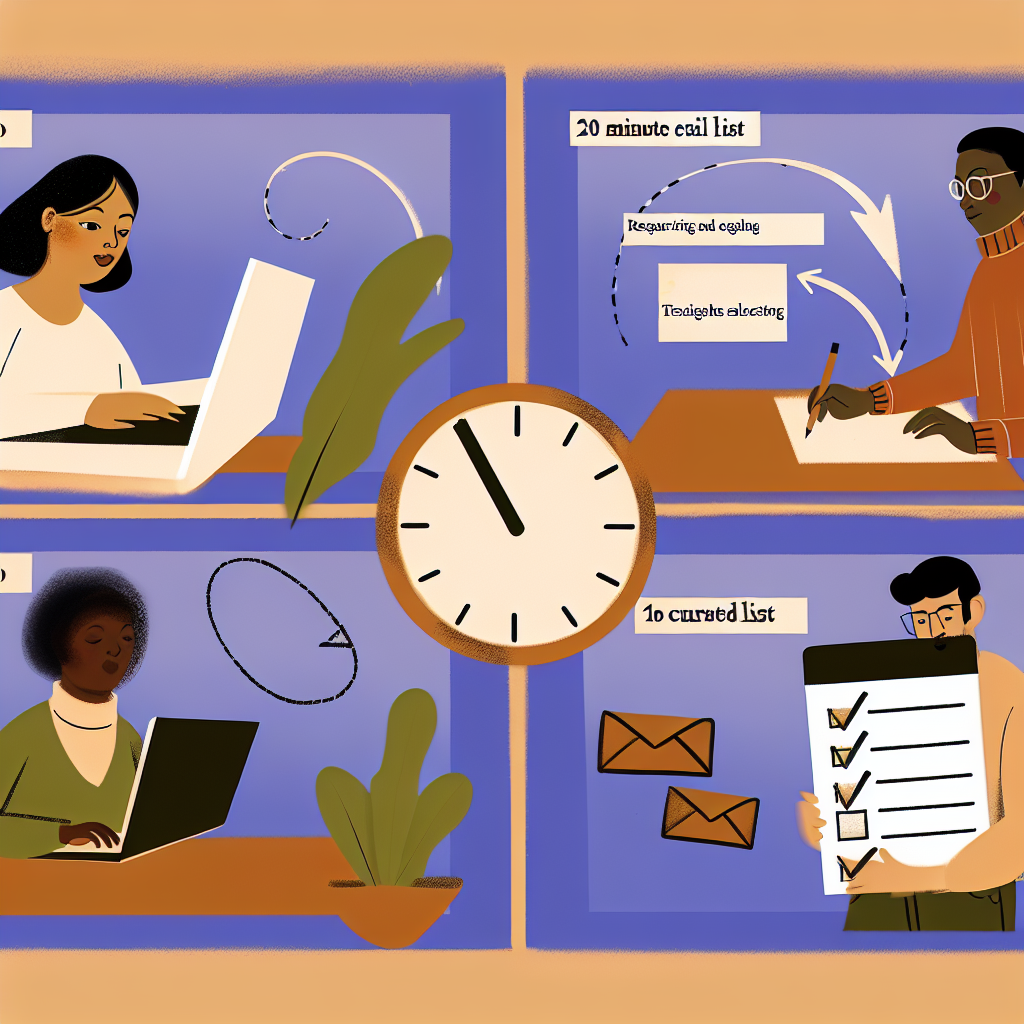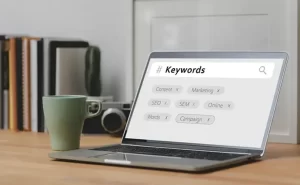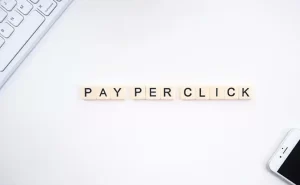Mastering the Art of SEO Networking: How to Build Links Through Authentic Connections
What Are Backlinks and Why Do They Matter?
Before we dive in, let’s quickly cover the basics:
- A backlink is when another website links to your website.
- Backlinks are like votes of confidence for your site. The more quality backlinks you have, the more search engines trust your site.
- More trust from search engines usually means better rankings in search results.
The Power of Relationship-Based Outreach
Now, let’s talk about how to get those backlinks through building relationships. This approach is all about connecting with real people who run websites or blogs in your industry. Here’s why it works:
- It’s genuine: You’re not just asking for a link; you’re offering value and building a connection.
- It leads to high-quality links: When you connect with respected sites in your field, the links you get are more valuable.
- It can create long-term opportunities: A good relationship might lead to multiple links or other collaborations over time.
Step-by-Step Guide to Relationship-Based Outreach
Step 1: Find the Right People to Contact
- Look for blogs or websites in your industry.
- Check out where your competitors are getting links from.
- Use social media to find influencers in your field.
Tip: Make a list of potential contacts and organize them by how relevant they are to your business.
Step 2: Get to Know Them Before You Reach Out
- Read their content.
- Follow them on social media.
- Share or comment on their posts.
This helps you understand what they care about and shows that you’re genuinely interested in their work.
Step 3: Craft a Personalized Email
Your outreach email should:
- Address them by name.
- Mention something specific about their work.
- Explain who you are and what you do.
- Offer something valuable (like a guest post idea).
- Make a clear, polite request.
Here’s a simple template:
Hi [Name], I'm [Your Name] from [Your Business]. I loved your recent article about [Topic]—especially the part where you mentioned [Specific Point]. I have an idea for a guest post that I think your readers would enjoy: [Guest Post Idea]. I've written similar pieces for [Other Site] and would be happy to create something unique for your blog. Would you be interested in a guest post on this topic? Thanks for your time, [Your Name]
Step 4: Follow Up (But Don’t Pester)
- If you don’t hear back, wait about a week before sending a follow-up email.
- Keep it short and friendly.
- If you still don’t hear back after two follow-ups, it’s best to move on.
Step 5: Offer Value Before Asking for Anything
- Share their content on your social media.
- Leave thoughtful comments on their blog.
- Mention them in your own content (and let them know).
This approach helps build goodwill and makes them more likely to want to help you out.
Step 6: Build Long-Term Relationships
- Stay in touch even after you get a link.
- Congratulate them on new achievements.
- Suggest new ways to work together.
Remember, the goal is to create lasting connections, not just get a quick link.
Wrapping Up: Why This Approach Works
Building links through relationships takes more time and effort than mass-emailing hundreds of sites. But the results are worth it:
- You get higher-quality links that really boost your SEO.
- You build a network of contacts in your industry.
- You create opportunities for future collaborations.
- Your brand gains credibility and visibility.
So, take the time to connect, offer value, and build real relationships. Your website (and your business) will thank you for it!
Remember, SEO isn’t just about algorithms and keywords—it’s about connecting with real people who find value in what you offer. Happy linking!













